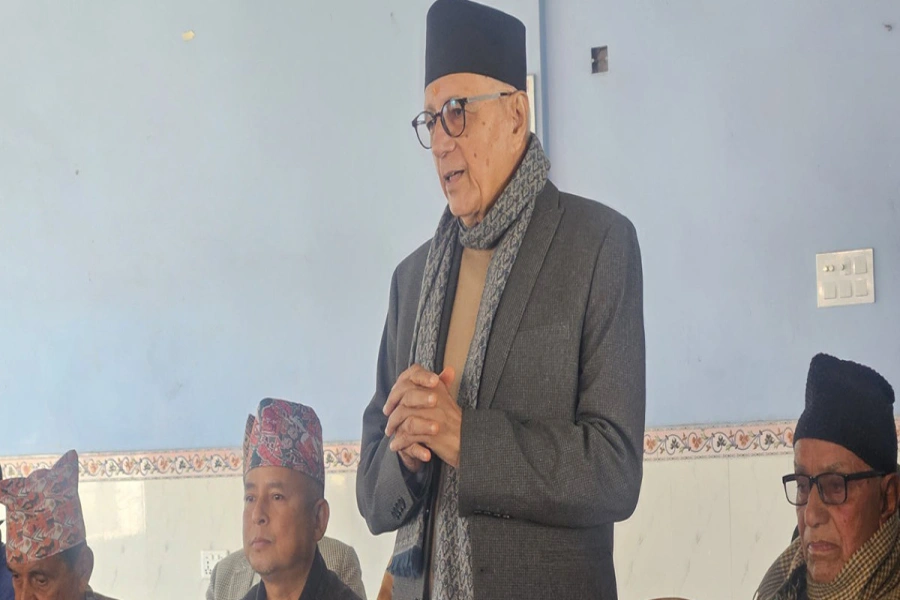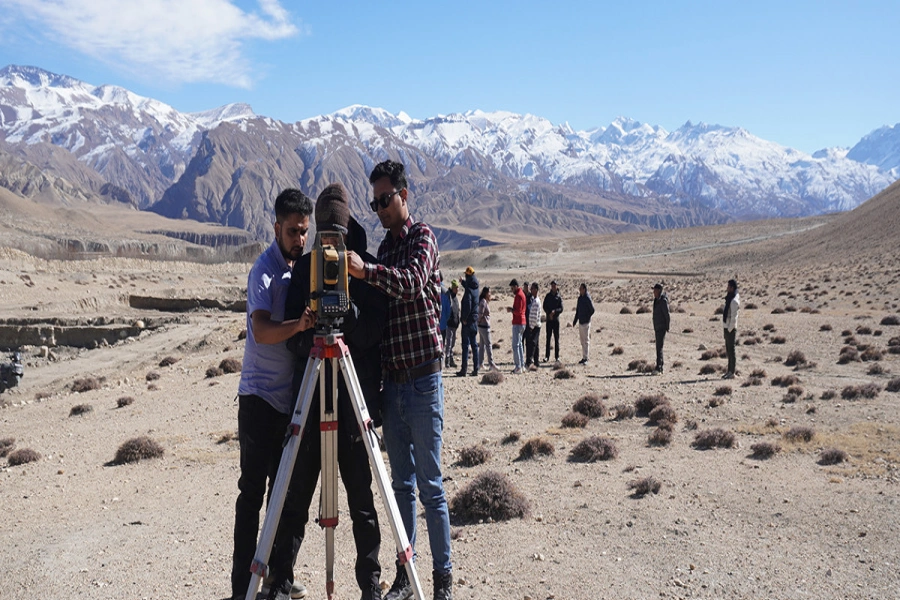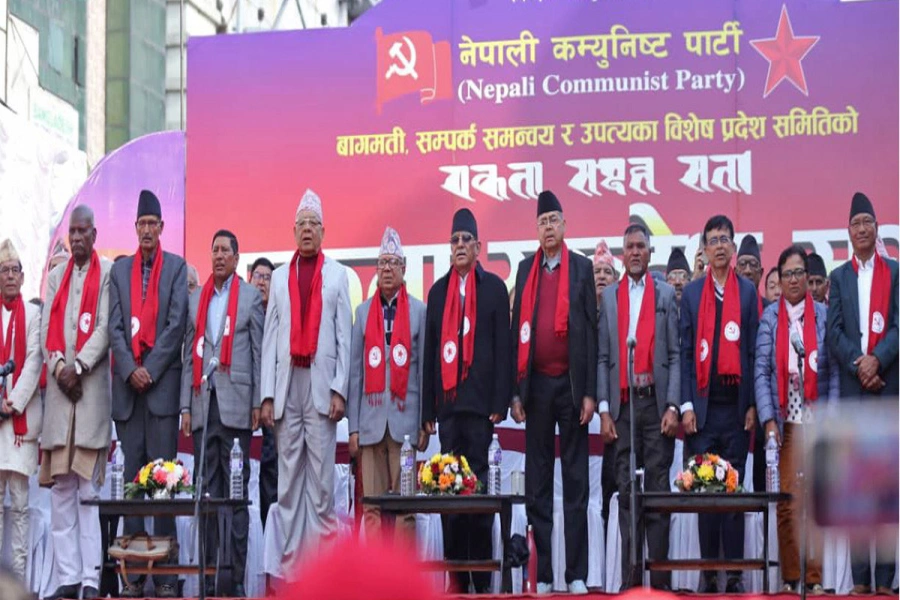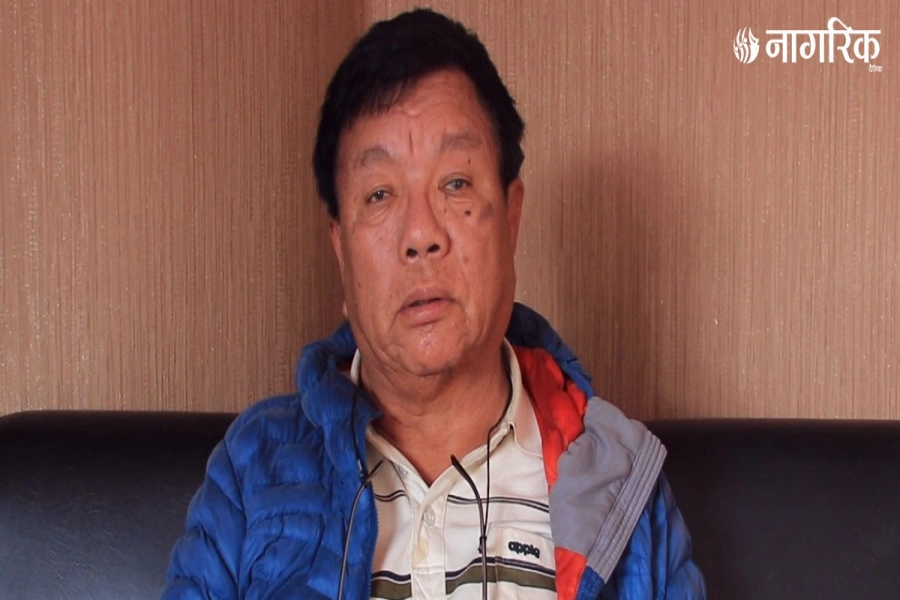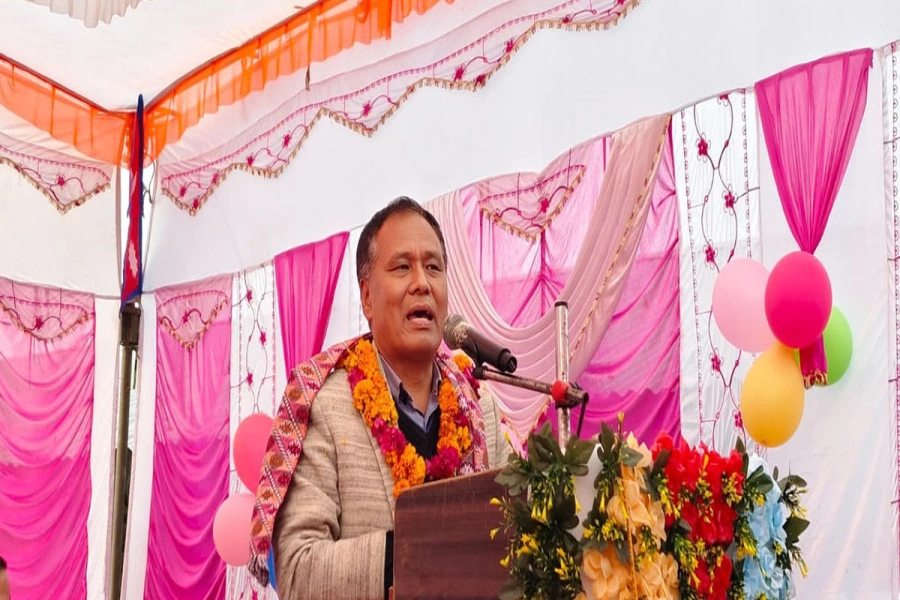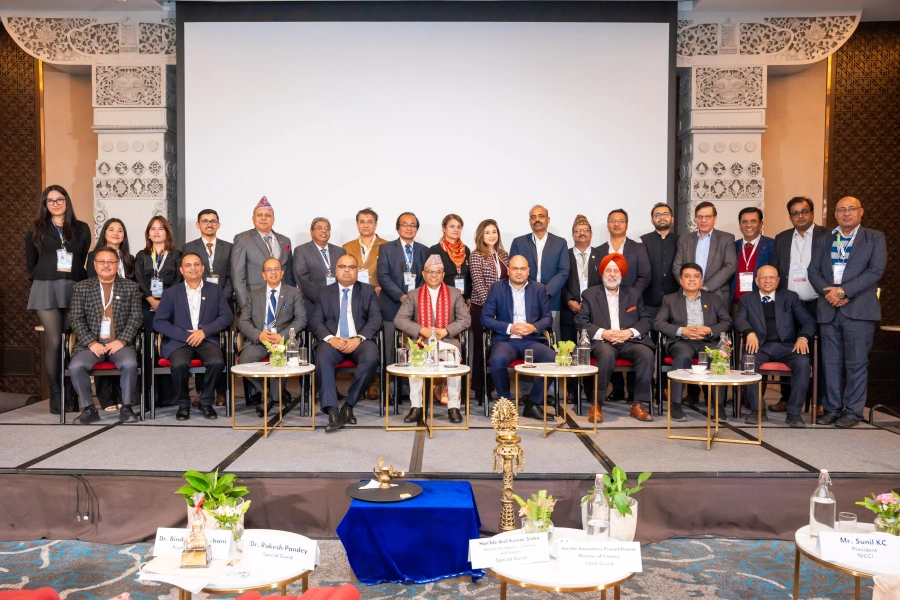KATHMANDU, Mar 1: A study commissioned by the Policy Research Institute (PRI) has found that insufficient and ineffective legal and institutional frameworks envisioned in the regulations of parliament to govern Conflict of Interests (CoI) of lawmakers has alarmingly increased the risk of formulating laws that seek to serve the petty interests of concerned lawmakers or the parties they seek to favor.
The study report released recently by the state-owned think tanks suggests concerned government authorities to formulate a comprehensive umbrella law based on a rule-based approach to manage interests of lawmakers in both the House of Representatives (HoR) and the National Assembly and other branches of the government to realize the aspirations of good governance as envisioned by the Constitution of Nepal and honor Nepal’s international obligation as a party to UN Convention Against Corruption.
Such a law should criminalize the Conflict of Interests and include provisions to address issues like interest disclosure, outside activities of public officials, disclosure of gifts, awards and other benefits, recusal and sponsored travels, among others, to ensure that vested interests of lawmakers are not reflected in the formulation and amendment of crucial laws of the country.
Provincial govt undermines laws of local govts

PRI Research Fellow Kiran Chapagain, who conducted this research, said the existing CoI regime in the federal parliament offer little or no guidance to lawmakers about the situation involving Conflict of Interests they face while discharging their legislative duties. “The mechanism supposed to deal with CoI in the parliament has not been established since 2008 although a number of regulations in the parliament have envisioned such compliance mechanism,” said Chapagain.
The research report comes in the wake of concerns raised from various quarters that increased representation of businesspersons without any mechanisms to check their vested interests could pose threat to the integrity of lawmaking process itself. Earlier, when Bill to Amend Bank and Financial Institution Act (BAFIA) was introduced in the parliament, the parliamentarians who were either bankers or the board directors of the bank lobbied to tweak the vital provisions within the Bill to serve their petty interests.
There was similar vested interest in the Education Bill as well.
The study has suggested bringing amendments to Clause 216(1b) to 216(1h) and Clause 2 and Clause 217 to 218 of Section 26 of the HoR Regulations and Clause 189 (e) to 189 (h) and Clause 190 to 191 of Section 23 of the National Assembly Regulations to govern conflict of interests of the lawmakers.
In addition to the amendments in the existing laws, the study has pointed out the need to develop a strong mechanism that makes it mandatory to disclose assets, liabilities and interests of public officials who receive salary from the state coffer.
“The assets, liabilities and interests of public officials who are above the rank of joint secretary, elected representatives - from ward chair to members of parliament, and all the political appointees - should be made public for scrutiny,” it reads.



